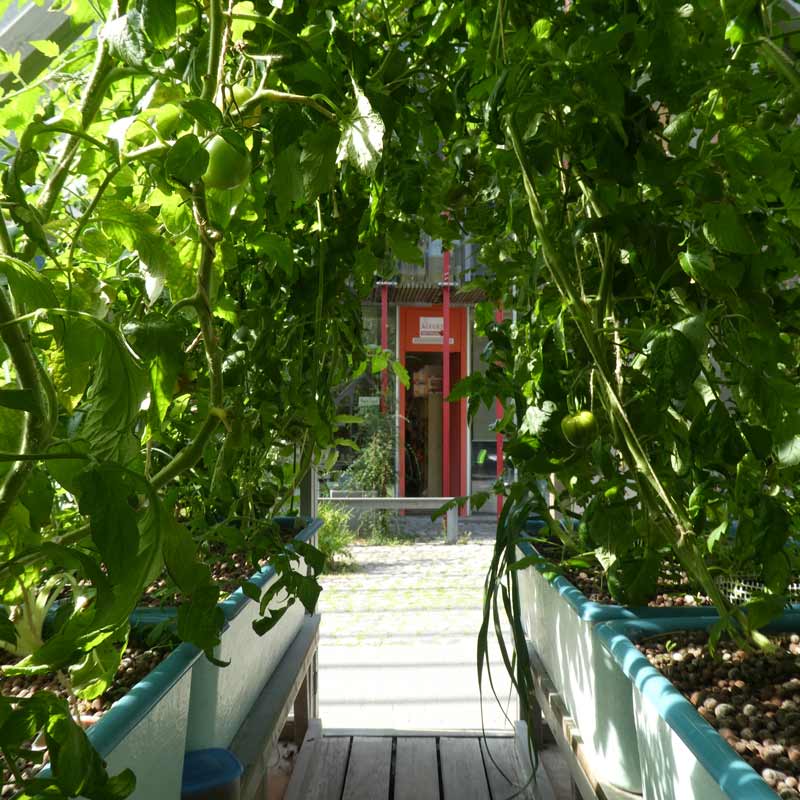Village Partenaire supports Kaya, the coalition of ecological transition companies
Driven by a collaborative process, more than 130 ecological transition companies have collaborated in the production of and / or support for the document ‘Towards a regenerative economy respectful of the planet’s limits’ in order to help politicians to face the climate challenge.
Objective: to reduce our global emissions by 80% by 2030
Global CO2 emissions are today of the order of 53 gigatonnes / year, or a level 5 times higher than the absorption capacity (11 Gt / year) of the ecosystems. We therefore need a plan of measures unprecedented in the history of mankind to face this climate challenge and that of biodiversity. The solutions will be both technical and human. We need a profound change in our livelihoods and the economic system. We need a new social and environmental contract.

—
A coalition of ecological transition companies
More than 130 ecological transition companies have joined the initiative: they participated in a collaborative process to produce the document and / or support the advocacy ‘For a regenerative economy respectful of the planet’s limits’ intended to help policies to cope with the climate challenge. Companies that support this advocacy were created with the primary goal of establishing an economic model that respects planetary boundaries Join the Belgian ecological transition companies who support this plea: sign the petition and send your logo to marc.lemaire@groupeone.be
—
10 Key measures
Governance of the transition
Belgium should devote at least 67.5 billion of its GDP from 2019 (i.e. 15%, 2018 figures) to ecological transition. Creating a corporate status for ecological transition with clear indicators, incentives and coupled with an Observatory for ecological transition of the economy and companies. Politics is no longer a profession (a ‘life profession’) but a service temporarily performed to society. End of partisan representative democracy. Direct democracy is generalised through Citizen Assemblies.
Funding of the transition
Rating of companies / products by an independent agency in order to assess the carbon impact of any product placed on the market in Belgium.
Making people pay a fairer price by quantifying the cost of pollution with a tax (TEV – Tax on EnvironmentalValue) proportional to environmental damage (CO2, resources, biodiversity, etc.) by 2025 and aimed at reducing the price to consumers of products with the lowest impacts. All of the funds generated will be dedicated to low-carbon finance and to companies with a positive carbon balance.
Food
Supporting local and organic producers and processors by facilitating access to land, supporting the transition to organic / fresh / local / seasonal and by offering organic / fresh / local / seasonal meals in public and private canteens , most often vegetarians and also meeting the relocation criteria.
Focus on the Food – Agriculture theme: summary of advocacy demands.
Housing
Investing heavily in the insulation of all homes and renewable energies. Gradually taxing energy according to consumption. Moratorium on new construction to allocate 100% of the effort to renovations and transformations.
Focus on the Housing – Construction theme: summary of advocacy demands.
Mobility
Establishing a moratorium on the construction of roads and road infrastructure from 2020, support the development of infrastructure and rail services, set a fee of 70 to 450 € per flight taking off or landing in the EU.
Optimising the transport of goods by sustainable modes, modularising the type of transport according to distances, urban character, etc. Inducing a drastic limitation of goods transport by developing local production and consumption.
Focus on the Mobility theme: summary of advocacy demands.
Circularity and Zero waste
Each sector must be financially encouraged into the solution that generates the least waste in order to promote the absence of waste and circularity which will allow greater resilience of our economies.
Focus on the Circularity – Zero theme: summary of advocacy demands.
